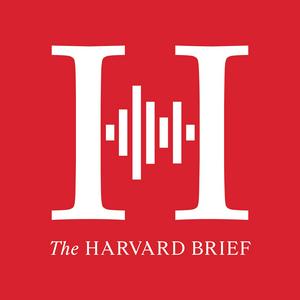How does emotion shape the landscape of public intellectual debate? In Sentimental Republic: Chinese Intellectuals and the Maoist Past (Harvard UP, 2025), Hang Tu proposes emotion as a new critical framework to approach a post-Mao cultural controversy. As it entered a period of market reform, China did not turn away from revolutionary sentiments. Rather, the post-Mao period experienced a surge of emotionally charged debates about red legacies, ranging from the anguished denunciations of Maoist violence to the elegiac remembrances of socialist egalitarianism.
Sentimental Republic chronicles forty years (1978–2018) of bitter cultural wars about the Maoist past. It analyzes how the four major intellectual clusters in contemporary China—liberals, the Left, cultural conservatives, and nationalists—debated Mao’s revolutionary legacies in light of the postsocialist transition. Should the Chinese condemn revolutionary violence and “bid farewell to socialism”? Or would a return to revolution foster alternative visions of China’s future path? Tu probes the nexus of literature, thought, and memory, bringing to light the dynamic moral sentiments and emotional excess at work in these post-Mao ideological contentions. By analyzing how rival intellectual camps stirred up melancholy, guilt, anger, and resentment, Tu argues that the polemics surrounding the country’s past cannot be properly understood without reading the emotional trajectories of the post-Mao intelligentsia.
Hang Tu is Assistant Professor of Chinese Studies at the National University of Singapore and Deputy Director of the CCKF–NUS Southeast Asia Center for Chinese Studies. A scholar of Chinese literature and thought, his research focuses on the cultural politics of emotion in modern and contemporary China. His work has appeared in Critical Inquiry, The Journal of Asian Studies, Modern Intellectual History, MCLC, and Prism.
Camellia (Linh) Pham is a PhD student in Comparative Literature at Harvard University. Her research focuses on modern Vietnamese literature, socialist realism, and literary translation across French, Vietnamese, Chinese, and English. She can be reached at
[email protected].


